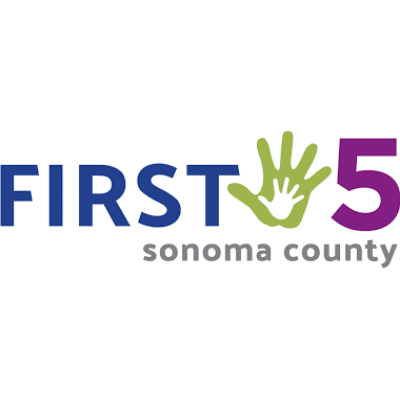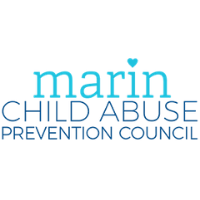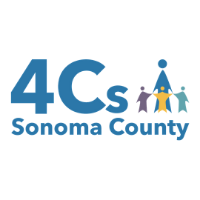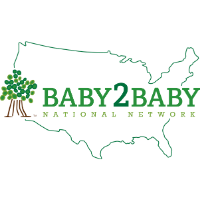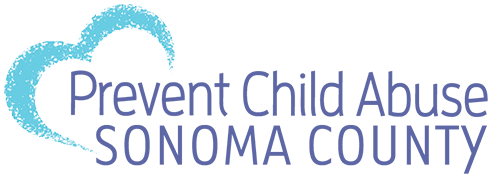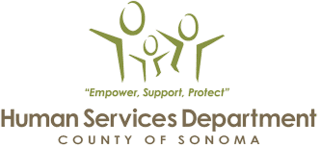
When my son was a newborn, I remember feeling frustrated that I couldn’t make sense of his eating and sleeping patterns – because there were no patterns yet. I couldn’t tell if he was crying because he was tired, hungry, wet, or had gas. Every time I tried to take a nap while he was sleeping, he woke up as soon as my head touched the pillow. When my daughter was a newborn, she was colicky and could only be soothed if we wrapped her tightly in a blanket and turned on the vacuum cleaner – even in the middle of the night. I longed for some peace and predictability in our daily lives. Now that my kids are older and more independent, I long for the days when they were small enough to hold in my arms.
Dear Child Parent Institute,
I had my first baby a month ago. I thought I’d be excited about becoming a parent, but so far, I’ve mostly felt sad, lonely, and overwhelmed. Everyone tells me to enjoy my baby while he’s little because kids grow up quickly, but I have a hard time handling the constant feeding, crying, and dirty diapers. I can’t go anywhere or do things I used to enjoy, and it makes me wish I had my old life back. Do you have any suggestions for me?
Magda
Dear Magda,
I’m so glad you asked this question. Having a baby can be a joyful and stressful experience for many parents. Even when expectant parents feel prepared to have a baby, the reality of frequent crying, diaper changes, and sleepless nights is often overwhelming. For first-time parents, it’s especially hard to understand how much life will change after having a baby until it happens. Here are some tips to try:
Take care of yourself. Remember that taking care of your own needs is not selfish or a sign of weakness. In fact, taking care of yourself will help you be physically and emotionally ready to face each day and care for your baby. If you have a partner, close friends, or supportive family members nearby, ask them for their help with housework, grocery shopping, preparing meals, or watching the baby so you can have some time to yourself. If you feel yourself getting stressed and can’t find anyone to give you a break in that moment, take some deep breaths and tell yourself positive thoughts, such as, “I’m doing the best I can. I will get through this.”
Develop daily routines. When babies are very young, parents’ everyday lives revolve around meeting their infants’ needs. In the beginning, it can be difficult for new parents to understand their babies’ cries or to predict when and how long their babies will sleep or stay dry between diaper changes. If this sounds familiar, try keeping track of your baby’s activities for a while. Notice when he cries and what calms him down (feeding, sleeping, being held or rocked, new diaper), when he sleeps and for how long, and how he responds to hearing you talk, read or sing to him. After a while, you’re likely to notice patterns that will help you create daily routines for feeding, sleeping, diaper changes, and playtime. The predictability of these routines will make everyday life easier for you and your baby.
Talk to someone about your feelings. It’s common to feel sad, lonely, anxious, or overwhelmed after having a baby. Sometimes, talking to someone who will listen without judging is all that parents need. Other times, parents feel so sad, lonely, anxious, or overwhelmed that they have a hard time getting out of bed, leaving the house, or getting through the day. If this sounds familiar, talk to your health care provider so that you can be connected to a counselor or other professional who can provide support and services that will be most helpful to you.
The Child Parent Institute also offers services specifically for parents experiencing these feelings. Our Perinatal Mood Disorder (PMD) Program is designed to support mothers struggling with mood, anxiety, and other psychosocial stressors that arise in pregnancy, postpartum, and the early years of their child’s life.
Services are provided by mental health therapists and peer support staff in the format of 12 weekly in-home sessions. Our PMD Program aims to provide services to promote new ways of managing stress and to support the infant-parent bond. We also have a supplemental program that supports fathers in their role as new parents and parents. Our goal is for mothers to improve how they manage their moods and feel confident and resilient as a parent.
Services are provided in both English and Spanish. For questions contact Delfina Soto at 707-585-6108 x1218 or delfinas@calparents.org.
Final Thoughts: It takes time to adjust to parenthood. If you’re feeling sad, lonely, anxious, or overwhelmed, reach out to someone who can offer practical help and emotional support. If you know someone who’s experiencing these feelings, take time to listen and find out how you can help. We could all use more kindness in our lives, even if we’re no longer raising newborns.
This article is created by Nicole Young, the mother of two children, ages 14 and 17, who also manages Santa Cruz County's Triple P - Positive Parenting Program. Scientifically proven, Triple P is available locally through the Child Parent Institute. Our classes are listed at calparents.org/classes.
Sincerely,
Child Parent Institute




